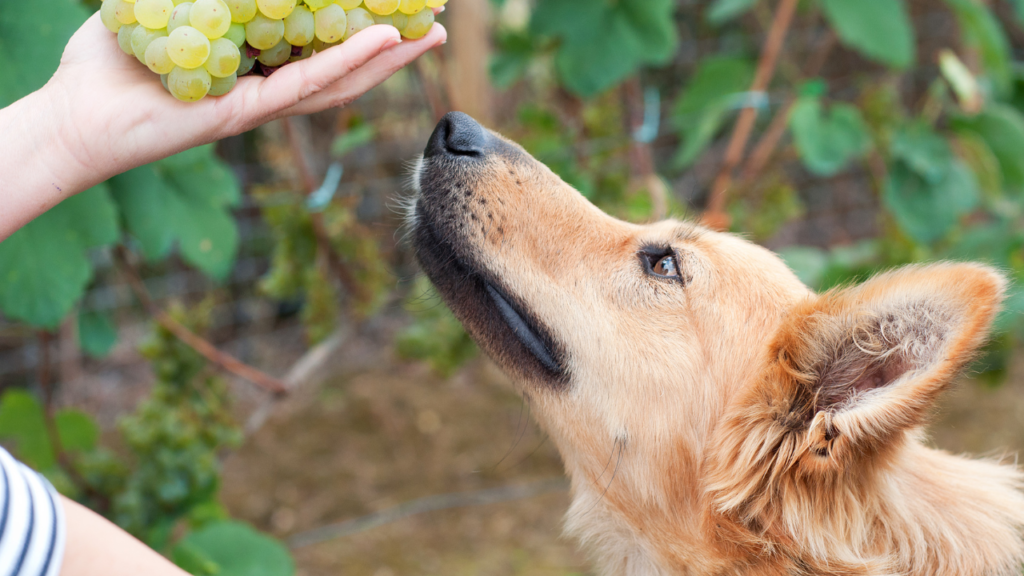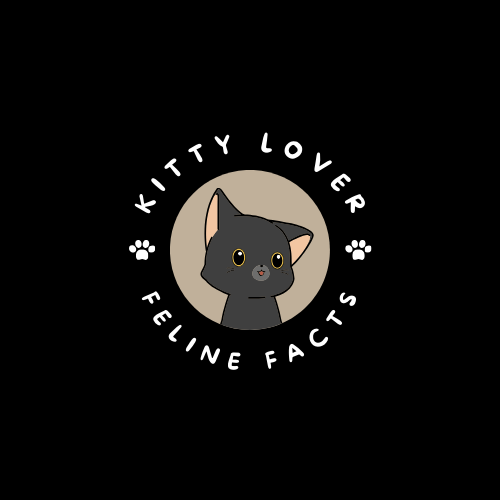
Grapes satisfy a variety of human needs. The fruit is thirst-quenching, sweet-tooth gratifying, full (thanks to fibre), and high in antioxidants, which help the body function in the long and short term. As a pet parent, you naturally want to give your dog the same benefits.
However, certain foods that are extremely nutritious for humans are harmful to dogs. You want special treats, such as human foods, to be a pleasurable bonding experience for you and your pup, and feeding tactics to be health-focused. Understanding which foods are healthy (or at least safe to serve) and which are not is critical. Can dogs eat grapes? Let’s look at what we know and what to do if your puppy eats a grape.
Can dogs eat grapes?

Dogs should not consume grapes. We know. Those beautiful brown eyes pleading for a grape are difficult to look away from, but this fruit offers serious health dangers to dogs. Grape poisoning in dogs can lead to kidney failure, which is potentially lethal. Scientists are still attempting to figure out exactly why grapes are harmful to dogs. However, unlike humans, pups are unable to metabolise the tannins, flavonoids, and monosaccharides found in this luscious fruit.
FYI, the no-grape rule applies to the fruit in any form, including:
- Peeled or unpeeled
- Seeded (which also poses choking hazards).
- Unseeded raisins (dried grapes)
- Juices (which often include extra sugar that can put dogs at higher risk for diabetes and aggravate blood glucose issues in those with the disease)
Raisins can also be found in treats like trail mixes, which may contain nutritious nuts for dogs (such as walnuts). Before treating your dog, double-check the ingredient label.
What will happen if my dog eats grapes?
Call your veterinarian or poison control. Dogs may confuse even the most experienced pet parents. Perhaps your normally well-behaved puppy rejects your command to “leave it” when you drop a grape on the floor, or the little rascal breaks into your cabinet and helps themselves to trail mix.
Unfortunately, we don’t know how many grapes a puppy has to consume before experiencing poisoning symptoms, and each pet’s body is unique. As a result, you should seek expert medical assistance right away rather than waiting for symptoms to appear. Call the ASPCA’s Animal Poison Control Centre (APCC) at (888) 426-4435, or contact your pet’s veterinarian.
The veterinarian can induce vomiting in your pet to assist him avoid issues before they occur. Signs your pet may be suffering from grape toxicity already include:
- Reduced appetite
- Increased thirst
- Increased or decreased frequency of urination
- Decreased energy and increased fatigue
- Weakness
- GI pain, such as vomiting or diarrhoea (these symptoms usually appear within a few hours of intake).
- Dehydration
If you observe any signs, call your veterinarian straight away.
Dogs should not consume grapes in any form, including raisins or juice. While scientists don’t know why grapes are poisonous to dogs, they can induce renal failure and other unpleasant symptoms, such as GI distress. If your dog consumes grapes, call your veterinarian or poison control. Prompt medical intervention can raise the odds of a positive outcome. Give your dog snacks made expressly for them, or safe human foods like blueberries. Your dog’s diet should include at least 90% dog food. Your pet’s veterinarian can provide more safe and nutritious nutrition ideas.
